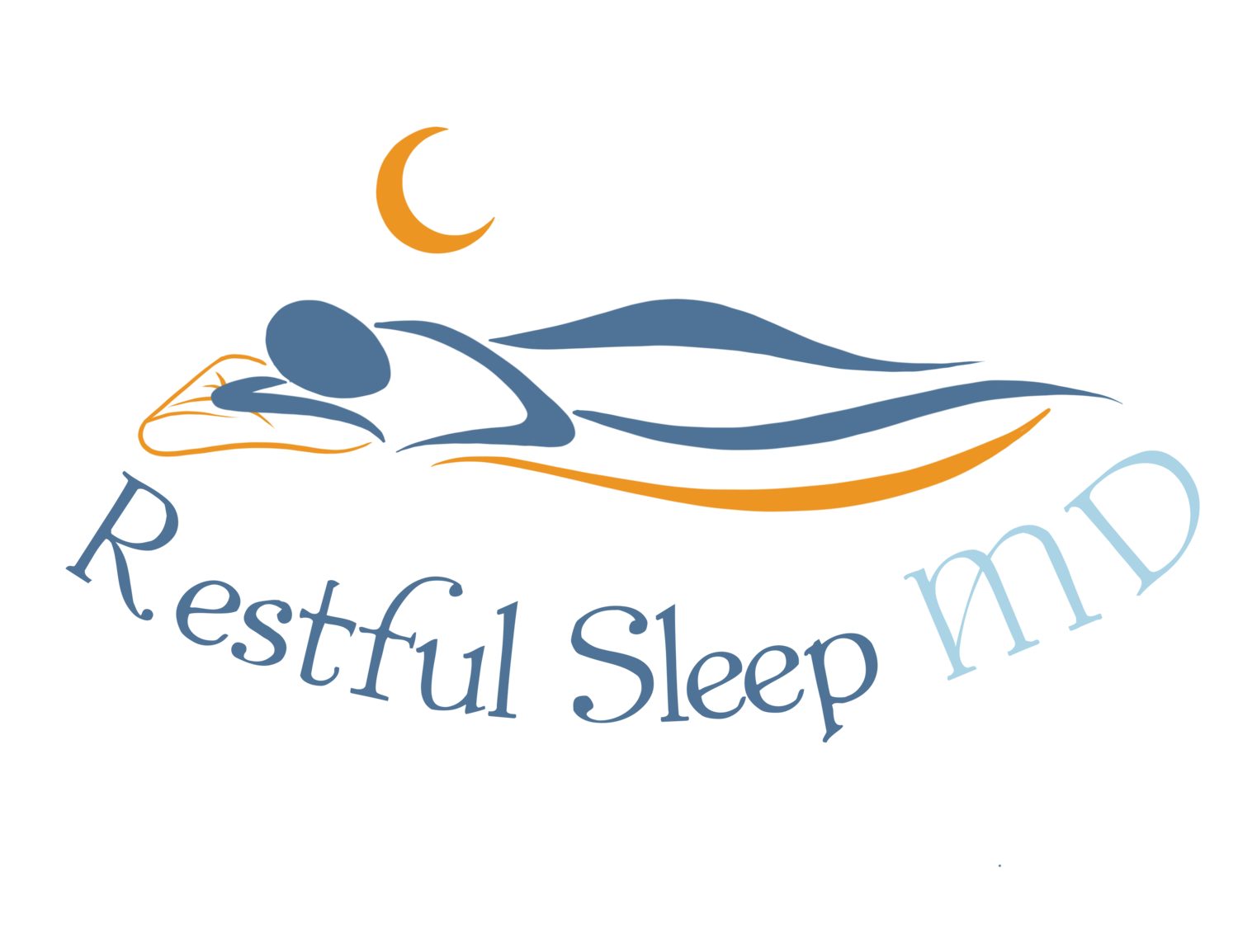Melatonin for Kids: Is it a Safe Sleep Solution?
Like many things in medicine, the answer is "it depends." Melatonin has shown promise in improving sleep for children with developmental differences like ADHD and autism, as well as those with delayed sleep phase syndrome (trouble falling asleep at a reasonable hour). However, the research is inconclusive for typically developing children with sleep problems.
Potential Concerns with Melatonin Use in Children
Lack of Regulation: Unlike prescription medications, melatonin supplements aren't rigorously tested for content or dosage accuracy. This means you might not give your child the exact amount listed on the label.
Side Effects: While generally well-tolerated, melatonin can cause side effects like daytime sleepiness, mood swings, bedwetting, and even nightmares in some children. To ensure your child has a sound sleep and to sleep well, monitoring these potential side effects is crucial.
Long-Term Effects: More research is needed to understand the long-term impact of melatonin use on children's development. There are some small studies on changes in puberty, however, this is not really clear. Consulting a sleep medicine specialist can provide more personalized insights.
Alternatives to Melatonin for Better Sleep
Before resorting to melatonin, consider these non-pharmaceutical solutions:
Healthy Sleep Hygiene: Establish a consistent sleep schedule, create a relaxing bedtime routine, and ensure a dark, quiet sleep environment. These steps can promote a restful sleep and help your child sleep better.
Behavioral Techniques: Implement strategies like teaching your child to sleep independently, setting healthy boundaries, or using reward systems to help them stay in their rooms. A sleep therapist can offer tailored techniques to improve sleep quality.
When to Talk to Your Doctor: If your child has persistent sleep problems, consult your pediatrician. They can help determine the underlying cause and recommend the safest and most effective approach for your child, whether it's melatonin, behavioral interventions, or further evaluation by a sleep specialist. A sleep study might be recommended to get to the “why” of their sleep issues.
Key Takeaways
Melatonin can be helpful for some children with specific sleep disorders, but it's not a one-size-fits-all solution.
The content and quality of melatonin supplements can vary significantly.
Explore non-medicinal solutions first, such as improving sleep hygiene and consulting a sleep doctor.
Always consult your doctor before giving melatonin to your child to ensure it aligns with their individual needs.
Incorporating these steps and consulting with sleep professionals can lead to a sound sleep and help your child sleep better naturally.
Interested in additional sleep support? Learn more about Sleep Coaching and our Private Practice The Restful Sleep Place.


